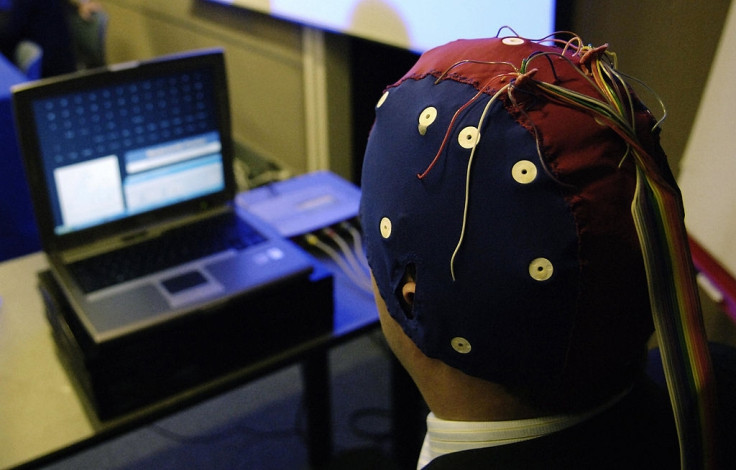Scientists connect a human brain to the internet in real time
The tech essentially turns the brain into an IoT node on the World Wide Web.

Researchers at South Africa's Wits School of Electrical and Information Engineering have developed a way to link a human brain to the internet, according to a report in Medical Xpress. The technique, which has been dubbed Brainternet, streams brainwaves on the internet in real time, essentially turning the brain into an Internet of Things (IoT) node on the World Wide Web.
The whole brain-internet connection works with the help of Emotiv EEG, a powered, internet accessible device that converts electroencephalogram (EEG) signals, or brainwaves into live streams. When worn by a person, the device transmits signals to a Raspberry Pi computer, which streams the data gathered into an application programming interface and displays brain activity on an open website, which anyone can access.
"Brainternet is a new frontier in brain-computer interface systems. There is a lack of easily understood data about how a human brain works and processes information," said project lead Adam Pantanowitz.
"Brainternet seeks to simplify a person's understanding of their own brain and the brains of others. It does this through continuous monitoring of brain activity as well as enabling some interactivity."
But connecting the brain to the internet is just the beginning for Pantanowitz and company. The researchers plan on improving the interactivity of this link, particularly when it comes to providing stimulus and noting its response. The scientist adds: "Brainternet can be further improved to classify recordings through a smart phone app that will provide data for a machine-learning algorithm. In future, there could be information transferred in both directions – inputs and outputs to the brain".
The data gathered from monitoring brain activity could help with the development of BCIs (brain-computer interfaces) and other neurotechnologies. Elon Musk's Neuralink is also pursuing the idea of developing technology that connects human brains with computers. The startup is working on what the billionaire calls "neural lace", injectable tiny brain electrodes that may one day upload and download thoughts.
© Copyright IBTimes 2025. All rights reserved.





















